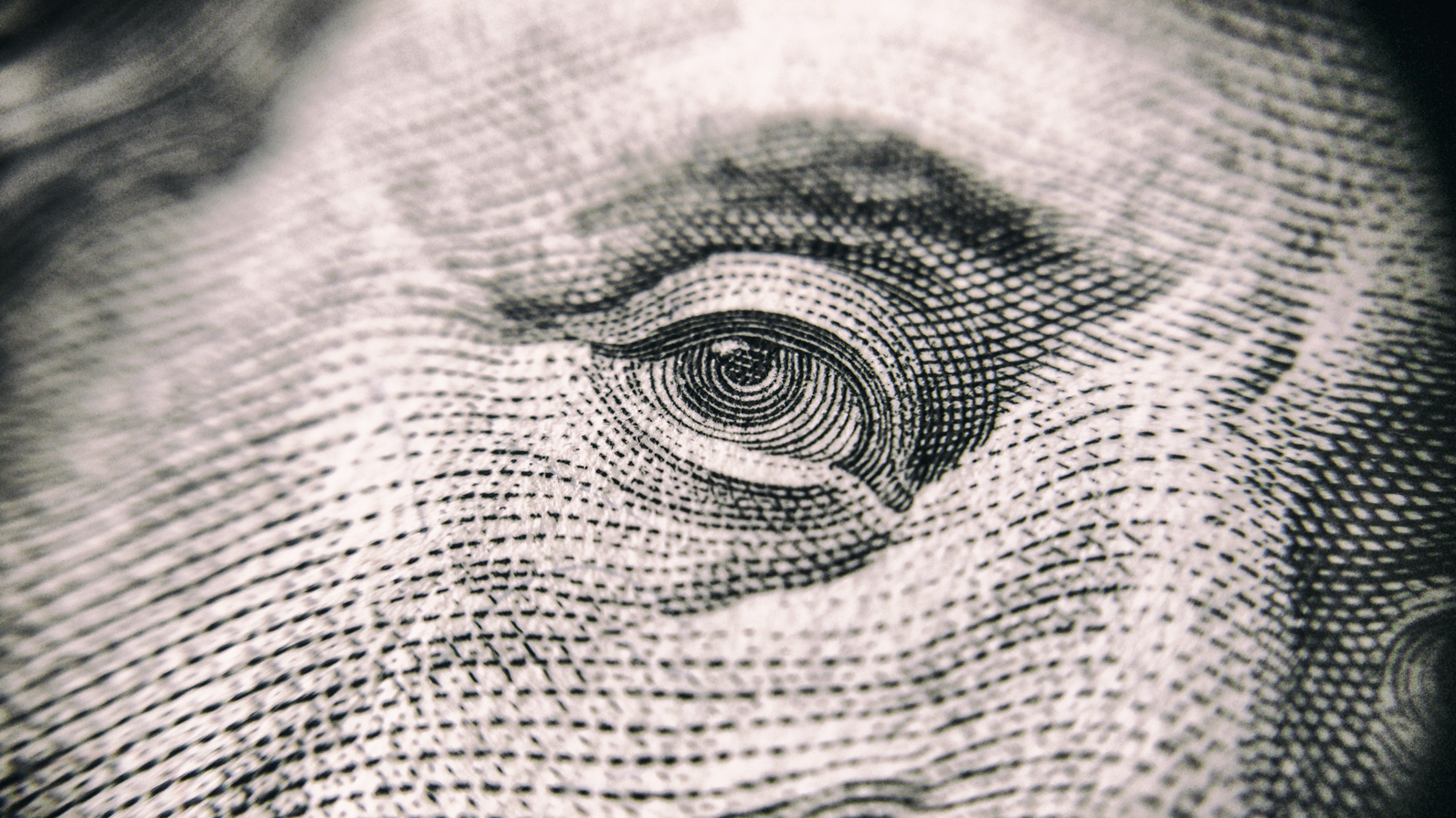Special Interests Backing Patient Advocacy Groups?

My old law school ethics professor William Weston use to start each lecture with the phrase he wanted all future lawyers to commit to memory: “Does it pass the smell test?”
Kaiser Health News recently reported that high-profile advocacy groups for patients with cancer, Alzheimer’s, HIV and other diseases almost always accept funding from pharmaceutical firms. Even more disturbing, according to the Kaiser Health News report, is many of these advocacy groups fail to report any contributions.
New research from a paper published in the New England Journal of Medicine has shown at least 83 percent of the nation’s 104 largest patient advocacy groups take contributions from the drug, medical device and biotech industries. This financial practice raises serious questions about whether the advocacy groups consistently put the patients first.
“The ‘patient’ voice is speaking with a pharma accent,” said the paper’s main author, Matthew McCoy.
According to the report, of the 18 non-profits not reporting pharmaceutical money, all but five failed to disclose their donors at all. Even more alarming, just one of the 104 non-profits stated explicitly it does not accept pharmaceutical money.
Just as troubling as the money is the fact the research found pharmaceutical executives, or former executives, serve on a third of the organizations’ boards. These possible conflicts of interest raise warning red flags because patients and drug manufacturers may have opposing goals.
Patients tend to seek cheaper medicine. The drug industry desires to maximize their revenue. Patients want information about the efficacy of certain drugs. The pharmaceutical industry often seeks faster approvals for drugs from the FDA, which may mean shortening trial periods that collect information.
Research into the relationship between patient advocacy groups and the pharmaceutical industry is still in the early stages. The study, however, found drug dollars prop up a higher proportion of patient groups than what many would like to believe or even knew.
A survey of patient advocacy executives published in the medical journal JAMA in January of this year, for example, found that 67 percent of groups reported drug industry donors. This latest study focused on larger patient advocacy groups that received at least $7.5 million in revenue each year.
It should also be noted drug companies might direct money to patient advocacy groups through other non-profits, which would be harder to trace as a link to pharmaceutical companies.
Nearly 20 percent of the patient advocacy groups studied accepted $1 million or more from pharmaceutical companies. The exactly amount received, however, is a bit murkier. Half of the advocacy organizations disclosed their donations in dollar ranges rather than providing exact figures. The study also showed most of the groups also reported their highest donations with no ceiling on the upper range amount.
Despite this new reporting, to date no one has extensively studied how often these patient advocacy organizations lobbied Congress, wrote letters to lawmakers or took stances on legislation. Aside from helping shape legislation, these groups are important stakeholders in the delivery of care, research funding and patient assistance.
This oversight is concerning in an arena where academic research centers, physicians and other medical professionals feel immense pressure to disclose their associations with industries and face institutional checks against potential conflicts of interest. Many physicians have abandoned even accepting free pens and writing pads from drug companies. However, the patient advocacy groups are often overlooked by any watchdog group.
The paper’s timing was amazing considering how drug giant Pfizer just announced it had received a subpoena related to its support of patient advocacy programs that offer financial assistance for Medicare patients’ co-pays. Right on Pfizer’s heels, it was revealed a few days later Johnson & Johnson had also received a subpoena from the U.S. Attorney’s Office for the District of Massachusetts. The subpoena is seeking information about Johnson & Johnson’s support of organizations that pay for patient assistance.
Subpoenas were also sent to four pharmaceutical companies in 2015 and 2016: Gilead Sciences, Jazz Pharmaceuticals, Valeant Pharmaceuticals and Biogen.
While the U.S. government has not commented about the investigation, Pharmaceutical Economics Professor Joel Hay of the University of Southern California said it appears they are trying to assess whether drug manufacturers are covering patients’ co-pays for expensive drugs and leaving taxpayers with the bill for the remainder of the cost. Professor Hay, who has served as a paid expert witness in lawsuits against drug companies, noted pharmaceutical companies cannot subsidize the purchase of their products by Medicare.
When reached for a comment about the NEJM study, The Pharmaceutical Research and Manufacturers of America released the following statement: “While we cannot speak for particular organizations, we have heard from many patients who are concerned about the growing out-of-pocket cost burden when trying to access needed health care services and treatments.”
As drug pricing becomes a major focal point in 2017, it will be interesting to see if the funding tide recedes for these patient advocacy groups from the drug makers. The smell test is making it much harder to foresee the continuing money flow from pill maker to patient taker.
